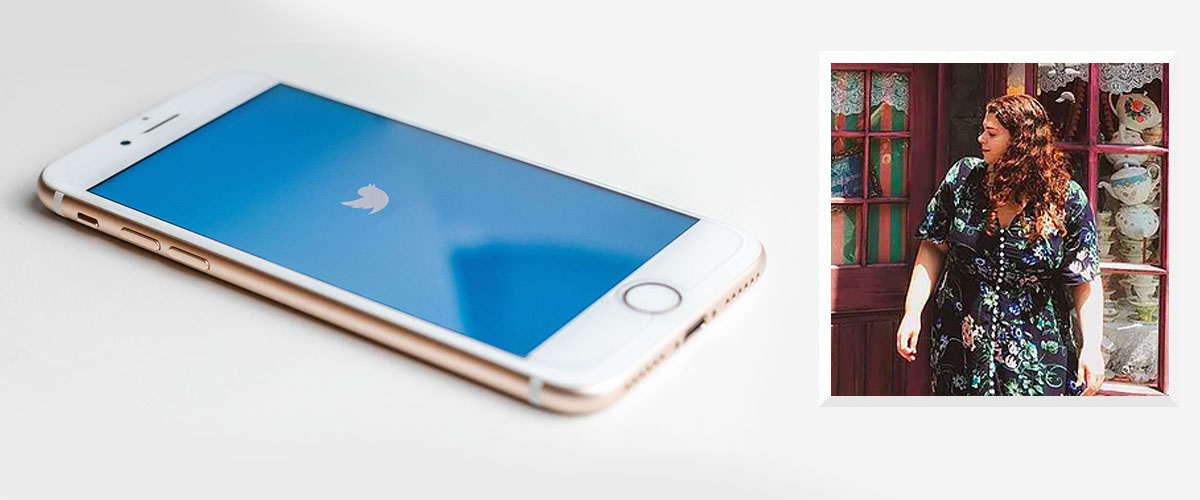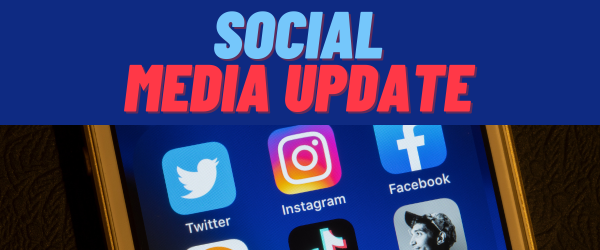If you’ve been trying to keep up with the current free speech debates on Twitter and are more than a little confused, you’re very much not alone.
There’s a political battle happening, to be sure. The debate about free speech goes beyond that though, and what happens in regards to online censorship can have huge ramifications for us all. To understand this debate, we first need to understand a very little known and very little understood law.
Why is Section 230 of the Communications Decency Act so important?
People from various groups have long argued that social media had a bias against their voices. In fact, many have even filed suits in regards to it, however, the suits have continuously failed in court. But, when President Trump was fact checked for false claims in regards to voting by mail, it started a new wave of demands to quell a perceived bias. Trump’s response was to issue an executive order, in order to encourage federal regulators to reexamine a legal protection that prevents companies like Twitter for being held legally responsible for what users post. The legal shield also gives platforms the ability to moderate content based on their own internal rules.
Many critics of this protection say that it allows Twitter to act more like a publisher than a platform, and therefore Twitter should not be protected as if they were a neutral forum. But, what exactly is that legal protection that is being cited? It’s Section 230 of the Communications Decency Act, and — unfortunately — it’s pretty widely misunderstood.
The goal of Section 230 is to free internet companies, which includes social media platforms, from the responsibilities of traditional publishers. The law states: “No provider or user of an interactive computer service shall be treated as the publisher or speaker of any information provided by another information content provider.”
Here’s what that actually means. Section 230 provides companies with the freedom to find ways of imposing and enforcing norms on sites of social discourse, meaning that things like extremists posts can be moderated and deleted. Section 230 actually enforced that these companies have a responsibility to set boundaries on acceptable discourse in the online world, which is constantly growing and evolving, forcing the company to evolve and adopt new policies. By not attempting to set those boundaries, those companies actually may not be deserving of the protections bestowed upon them in Section 230.
This lack of understanding by some comes from the fact that only the first part of Section 230 is typically cited. But, the second part is equally, if not more, important. The second part removed liability for tech companies’ efforts to police their own platforms. It immunizes tech companies for “any action voluntarily taken in good faith to restrict access to or availability of material that the provider or user considers to be obscene, lewd, lascivious, filthy, excessively violent, harassing, or otherwise objectionable, whether or not such material is constitutionally protected.”
So, what does that mean for everyone on Twitter?
Right now, lawmakers are looking at changing Section 230, which can have some pretty big ramifications. In all honesty, Twitter might just have to cease to exist, should Section 230 be removed.
Without this section, individuals could essentially sue the site for any content posted by users, which would mean that, in order to prevent countless lawsuits, the platform would have to screen every tweet to be certain it isn’t defamatory — which would be an impossible task. Twitter, potentially along with a lot of social media sites and other online sites like Wikipedia, would have to end.
—
JackieMichele is writer and marketer living in the San Francisco Bay Area. Her work has appeared on Yahoo, Food and Wine and the Huffington Post. She’s been an editor, an influencer strategist and ghostwriter, a librarian and a teacher. Follow her Instagram at @jackie_gualtieri and contact her via jackie@ynotcam.com.
Background header image by Sara Kurfeß on Unsplash.








